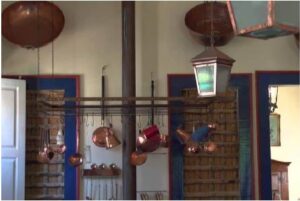 Our history began in 1831. Since then, our most iconic coffees have become indispensable allies for buyers around the world. For their original flavor. For the final results achieved with them every day. And for having sustainability at heart. For more than two centuries, we have been manufacturing our coffee beans in Brazil. The RDR Coffees brand was created in 2016, from the initiative to recover a symbol of Brazilian specialty coffee production, starting with the São Fernando Farm, in the Massambará district, with a small roastery.
Our history began in 1831. Since then, our most iconic coffees have become indispensable allies for buyers around the world. For their original flavor. For the final results achieved with them every day. And for having sustainability at heart. For more than two centuries, we have been manufacturing our coffee beans in Brazil. The RDR Coffees brand was created in 2016, from the initiative to recover a symbol of Brazilian specialty coffee production, starting with the São Fernando Farm, in the Massambará district, with a small roastery.
Founded in the early 19th century by Luis dos Santos Werneck, the farm was a major coffee producer and experienced the peak of the coffee cycle. Around 1840, when Brazil exported almost 3.5 million bags, the Vassouras region accounted for almost 70% of national production. It is no coincidence that the town became known as the Little Princess of Coffee. However, the crisis came later that century.
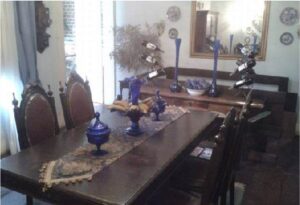 Over time, Fazenda São Fernando had other owners. At times, its lands were expanded with the purchase of other areas. At other times, they were divided. Today, the farm has one hundred acres (equivalent to 500 hectares) and a different name (Mulungu Vermelho). It was restored when it became part of the Rodrigo Dora family, in the person of Antonio Pereira Coelho, who decided to carry on the legacy, innovating and redefining the coffee tradition.
Over time, Fazenda São Fernando had other owners. At times, its lands were expanded with the purchase of other areas. At other times, they were divided. Today, the farm has one hundred acres (equivalent to 500 hectares) and a different name (Mulungu Vermelho). It was restored when it became part of the Rodrigo Dora family, in the person of Antonio Pereira Coelho, who decided to carry on the legacy, innovating and redefining the coffee tradition.
Thus, today, our original farm is focused on organic farming, milk production and goat farming. The historic headquarters was renovated based on multidisciplinary research carried out by architects, historians, archaeologists and other technicians. As a result, the beautiful building regained its 19th century characteristics, influenced by the neoclassical style. In addition, the entire history of the property was recovered.
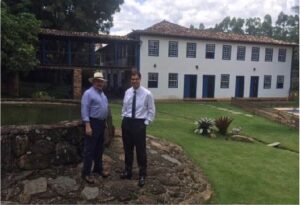 The restoration of the farm perpetuates a history marked by successful achievements and overcoming difficulties. For this very reason, it inspired the creation of RDR Coffees and became its institutional headquarters. Its heritage is the origin of a series of educational, ecological and historical heritage programs that aim to contribute to the evolution of society. It was there that the pilot project Orgânicos do Vale (Organics from the Valley) was born, to encourage organic farming, which spread throughout the region, attracting other producers. The old mansion, in turn, inspired projects to encourage historical tourism: the farm is open to school visits throughout the year, na initiative that made Fazenda São Fernando a pioneer in the use of rural properties as tourist attractions in the region, giving rise to Preservale.
The restoration of the farm perpetuates a history marked by successful achievements and overcoming difficulties. For this very reason, it inspired the creation of RDR Coffees and became its institutional headquarters. Its heritage is the origin of a series of educational, ecological and historical heritage programs that aim to contribute to the evolution of society. It was there that the pilot project Orgânicos do Vale (Organics from the Valley) was born, to encourage organic farming, which spread throughout the region, attracting other producers. The old mansion, in turn, inspired projects to encourage historical tourism: the farm is open to school visits throughout the year, na initiative that made Fazenda São Fernando a pioneer in the use of rural properties as tourist attractions in the region, giving rise to Preservale.
The farm has also become the setting for films and soap operas, drawing the attention of the Brazilian public to the architectural heritage and natural beauty of the region. Today, its history is intertwined with the history of Brazilian coffee. Today, RDR produces coffee on its farms in the state of Minas Gerais.
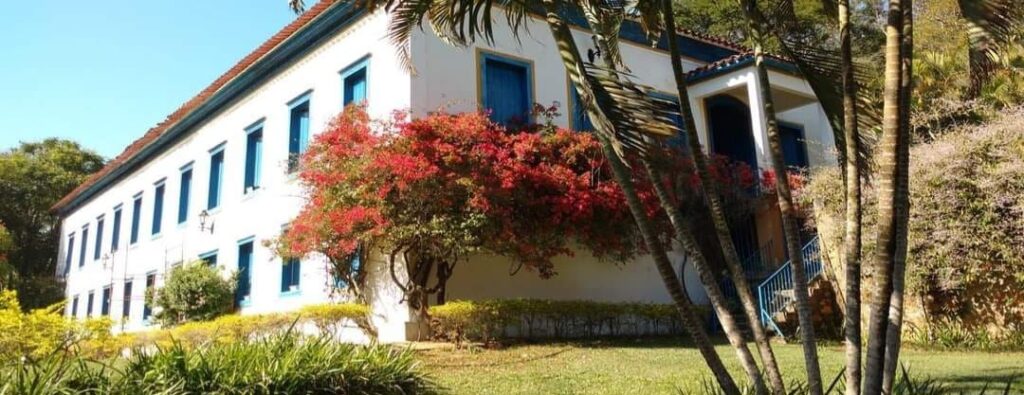 1911 – LUIZ DOS SANTOS WERNECK
1911 – LUIZ DOS SANTOS WERNECK
Luiz dos Santos Werneck quickly became involved in the coffee monoculture industry, becoming one of the most important coffee growers of the time and belonging to one of the most powerful and emblazoned clans in the coffee-producing regions. His headquarters dates back to the style of the 18th century, when land donations intensified along the “Caminho Novo” (“New Way”) in Minas Gerais.
2000 ishes.. ongoing
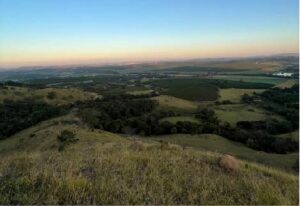 SAO JOSE DO BAU 1.100 hectares
SAO JOSE DO BAU 1.100 hectares
ALTITUDE 1.188 METERS
VARIETIES:
MUNDO NOVO
CATUCAI
ARARA
CATUAÍ
YELLOW BOURBON
SANTA ISABEL 800 hectares
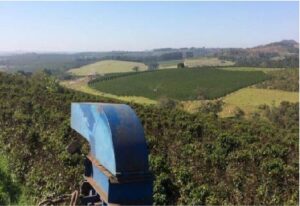 ALTITUDE 1.230 METERS
ALTITUDE 1.230 METERS
VARIETIES:
MUNDO NOVO
CATUCAI
ARARA
CATUAÍ
YELLOW BOURBON
ACAIÁ
ARIZONA 1.000 hectares
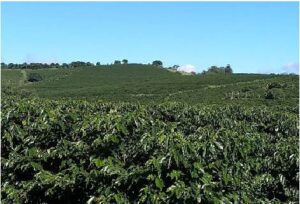 ALTITUDE 785 METERS
ALTITUDE 785 METERS
IRRIGATED FARM
VARIETIES:
CATUAÍ
MUNDO NOVO
ARARA